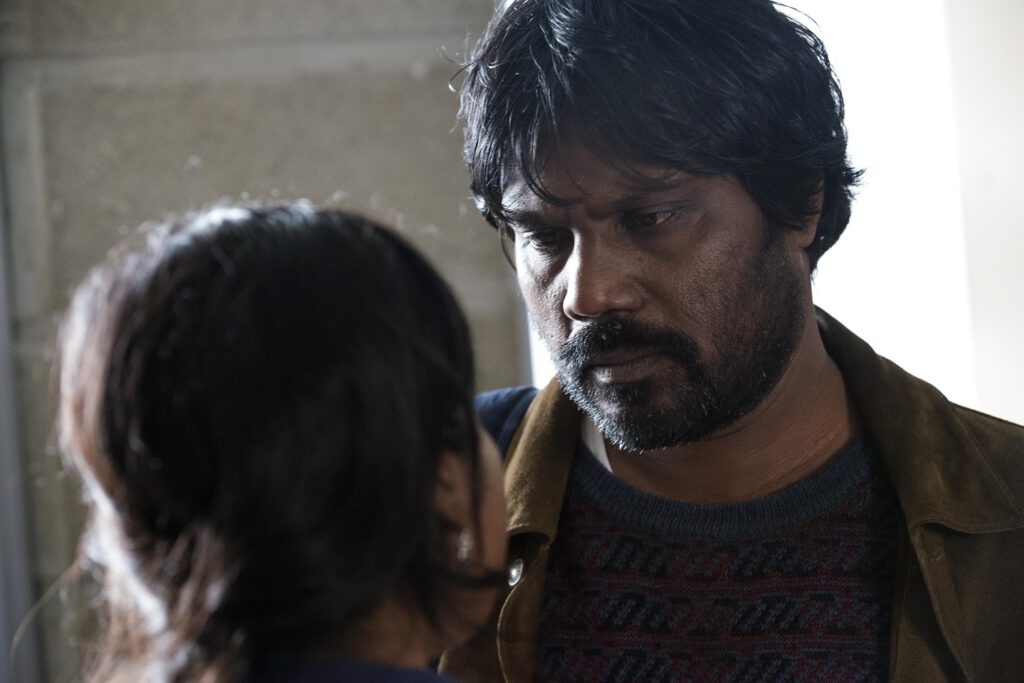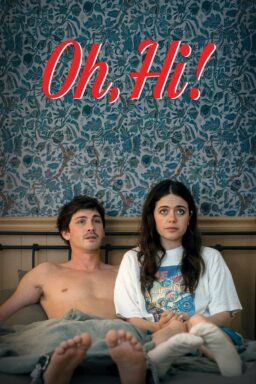In a move that confounded expectations, a jury led by the Coen brothers
awarded the Palme d’Or to Jacques Audiard for “Dheepan,” an immigrant
drama centered on three Sri Lankan refugees who live as a fake family in
France. “Dheepan” had its fans, though reviewers were critical of the
film’s last act.
It was one of several French movies in the
official selection—including “The Measure of a Man,” about unemployment,
and the opening-night film, “Standing Tall,” which follows a troubled
youth through social services—that explored the virtues and limits of
French liberalism. Chief programmer Thierry Frémaux acknowledged in interviews
that January’s Charlie Hebdo attacks were on committee members’ minds
during the selection process. “Dheepan,” which comes to involve violence
in the Paris suburbs (albeit in a very different context), could be
said to have contributed to a festival-long dialogue.
Other
awards were more in line with predictions, at least in terms of the
films cited. Hungarian director László Nemes, a rare first-time feature
filmmaker in competition, took the Grand Jury Prize (second place) for
his controversial, aesthetically rigorous “Son of Saul,” a Holocaust
drama about a member of the Sonderkommando looking for a rabbi to help
bury a boy. The jury prize—sort of third place, sort of “we don’t know
where else to put this”—went to “Dogtooth” director Yorgos Lanthimos’s
Charlie Kaufman–esque comedy “The Lobster,” starring Colin Farrell and
Rachel Weisz.
Taiwan’s Hou Hsiao-hsien, who appeared at Cannes
with his first film in eight years, was named Best Director for “The
Assassin,” a martial-arts drama that pays just as much attention to
screen space when the characters aren’t fighting as when they are. A
journalist at the poll-the-jury press conference that followed the
awards asked why Hou didn’t win the Palme, despite many critics’
predictions that he would. Jury co-president Joel Coen noted the jury’s
enthusiasm for the film and said that a directing prize is “in many ways
inseparable from an overall aesthetic prize” for a movie.
Best
Actor went to Vincent Lindon for “The Measure of a Man,” in the closest
thing the night had to a lock. The jury offered a surprise, though,
with Best Actress, splitting the award not between Rooney Mara and her
co-star, Cate Blanchett, who plays her lover in “Carol,” but between
Mara and Emmanuelle Bercot in “Mon Roi.” The brothers attributed the
dual prize to the festival’s rules, which have changed since they won
multiple awards for “Barton Fink” in 1991. “It’s a little bit of a chess
game,” Joel said, adding that the doubling was a way to acknowledge
another festival highlight.
Best Screenplay went to Mexico’s
Michel Franco for his English-language feature “Chronic.” “The film was
born in Cannes,” Franco said accepting the award, noting that Tim Roth,
who stars in the film as an obsessed caregiver, was president of the Un
Certain Regard jury that gave Franco’s “After Lucía” a prize in 2012.
During
the press conference, Chaz Ebert asked whether the jurors’ work as
honorary film critics at this event would influence their approach to
filmmaking. “It’s not that it will change me as an artist, but it will
change me as a human being reflecting on what movies are,” said jury
member Xavier Dolan, who shared a jury prize last year for “Mommy.”
Joel
Coen concurred. The experience “profoundly changes your perspective as
an audience member, in a very, very positive way,” he said.
RogerEbert.com: Cannes 2015 Prize Winners from The Mint on Vimeo.












